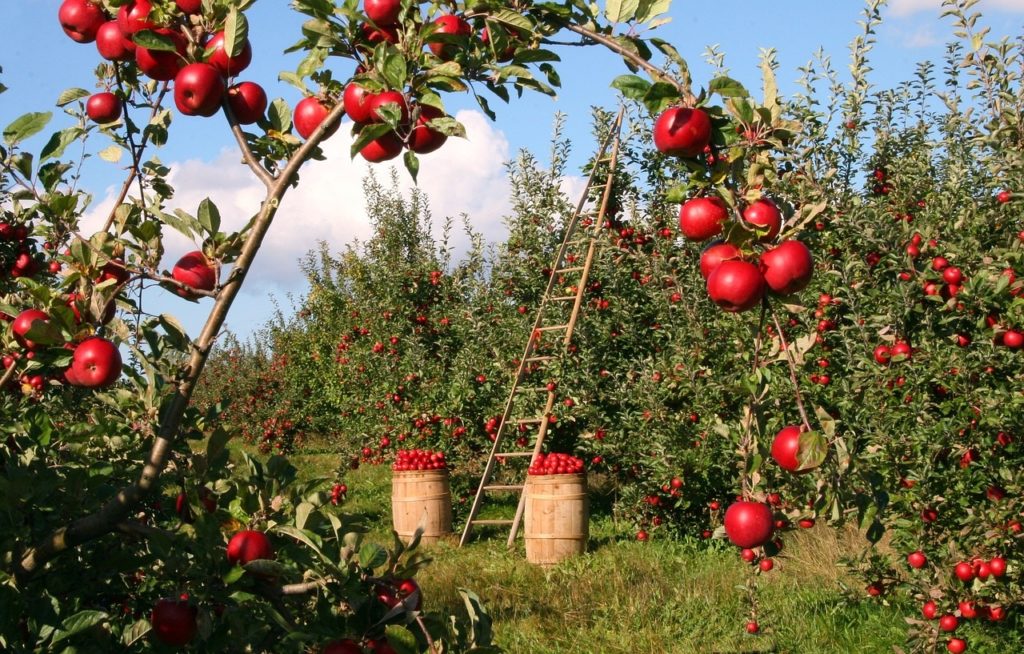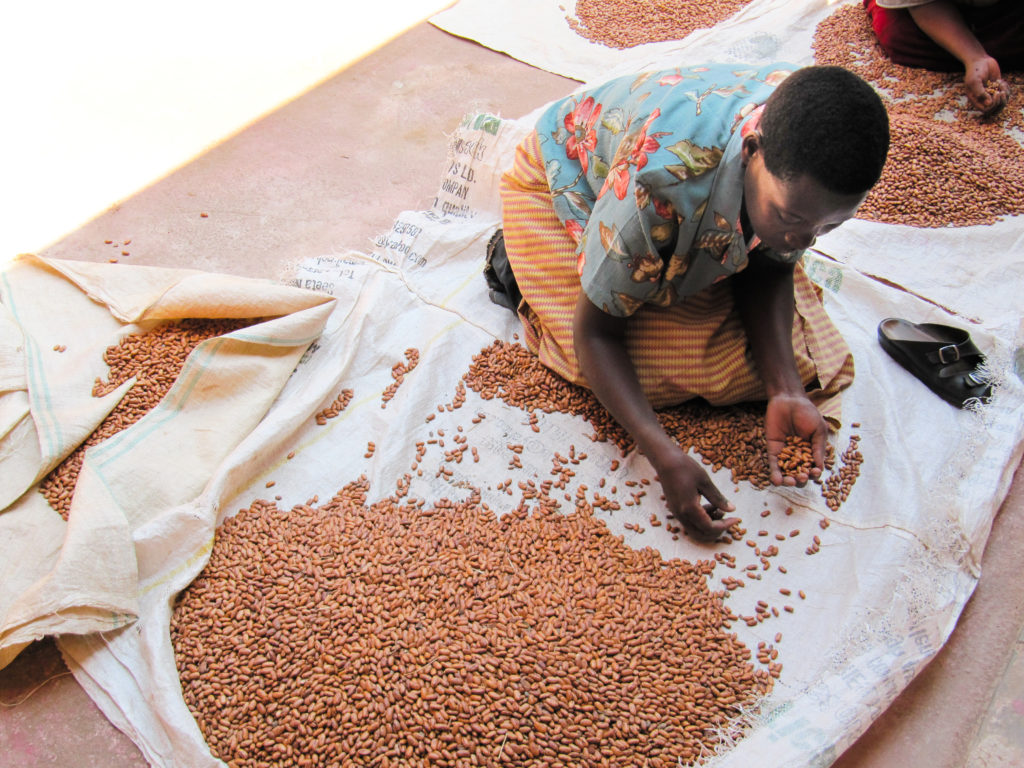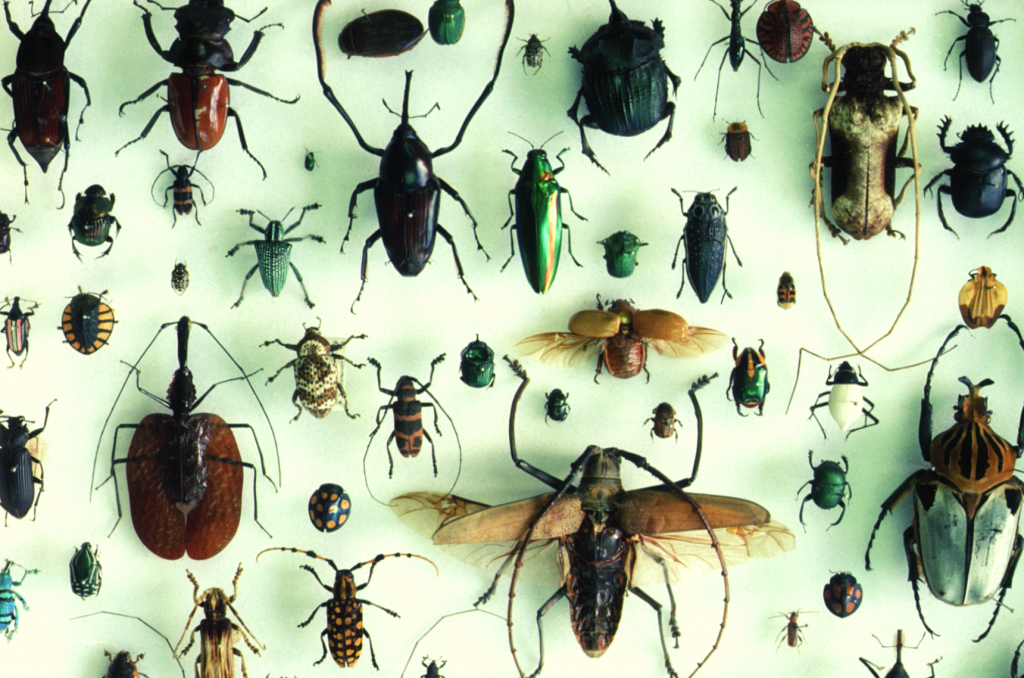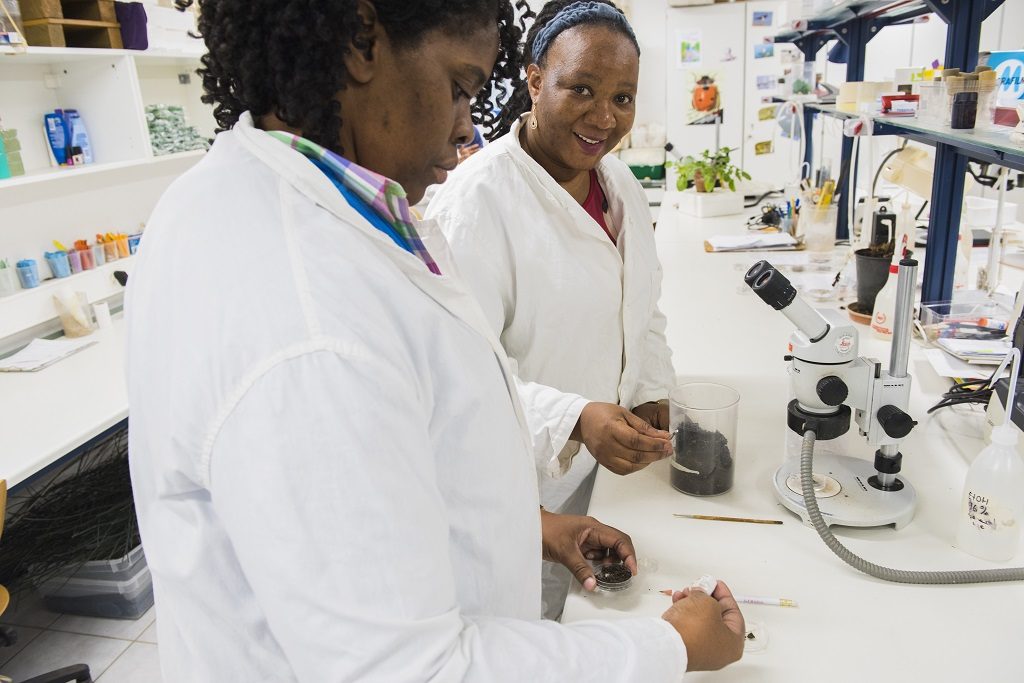Trichogramma evanescens, a biocontrol agent to control apple codling moth in apple orchards – first record from Pakistan
Apple codling moth and apple spider mites are one of most serious pests of different fruits, especially its deleterious effects on apple trees, which poses economic threat to apple production in the region. Codling moth was recorded as the most serious insect pest of the apple industry in Balochistan when the project conducted a baseline survey in…
Growing agriculture: nutrition community points the way to achieving SDG2 by 2030
By Shenggen Fan, Sivan Yosef, and Rajul Pandya-Lorch The Sustainable Development Goals (SDGs) have launched a race to transform our world for the better little more than a decade from now. The goals are idealistic, setting a high bar for every aspect of quality of life, from health and education to gender equality and climate…
When a Hollywood star came to CABI
The online market place goliath, and newly emerging leader in film and TV programme production, Amazon, visited CABI’s centre in Egham, UK to shoot footage for a new Amazon Prime Original series called This Giant Beast that is the Global Economy. The globe-spanning docuseries brings the smart, stylized storytelling of Adam McKay’s The Big…
Why a global insect decline affects us all
Insects crucial for ecosystem functioning and food production A comprehensive review of insect declines around the world gives a stark picture of the scale of the declines and the consequences both for ecology and human welfare. The paper, published in Biological Conservation, warns that 40% of the world’s insect species could become extinct within a few…
‘Cracking the code’ of woody weed spread with machine-learnt algorithms
A scientific tool which has its principles in early ‘computers’ such as the German WW2 Enigma machine – used to convey secret commercial, diplomatic and military communication – is helping to map the fractional cover of the woody weed Prosopis juliflora across the Afar Region of Ethiopia. PhD Candidate Hailu Shiferaw from Addis Ababa University,…
Tourism and animal welfare: a 21st century dilemma
Tourists encounter animals in many different situations: photo opportunities, street performances, animal rides and specialised ‘sanctuaries’ such as elephant homes and tiger temples. Tourism may benefit wildlife, by funding wildlife animal conservation, as well as providing vital income for local communities, but the exploitation of animals in animal entertainment can be a cruel and degrading experience for intelligent sentient creatures.
Meet the ‘sorcerer’ and her ‘apprentice’ – just two of CABI’s trailblazing female scientists
To mark the UN’s International Day of Women and Girls in Science we take a look at how two generations of female scientists are coming together to tackle non-native invasive weeds and help reduce environmental degradation Meet the ‘sorcerer’ and her ‘apprentice’ Dr Carol Ellison, a plant pathologist at CABI, and Project Scientist and PhD…
“Work hard and always try to give your best. No matter what people say, always give your best”
To mark the UN International Day of Women and Girls in Science today (11 February 2019), we speak to some of CABI’s women working in science. In this blog Dr Yelitza Colmenarez, Director CABI Brazil Centre and Regional Coordinator for the Plantwise programme – Latin America and the Caribbean, reveals the motivation and inspiration behind her career in science…
“The future for women (in science) is ours to conquer”
To mark the forthcoming UN International Day of Women and Girls in Science (11 February 2019), we speak to some of CABI’s women working in science. In this blog Catherine Mloza Banda, a Development Communications Specialist – Invasive Species Management, reveals the motivation and inspiration behind her career in science communications and says ‘the future for women (in science)…







